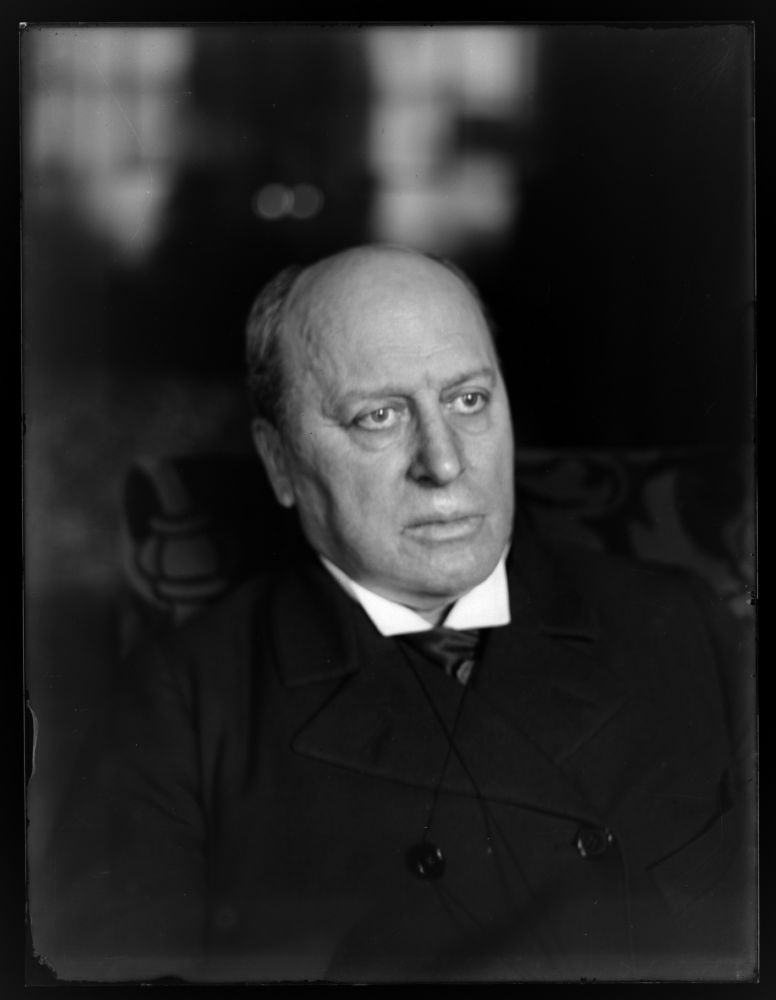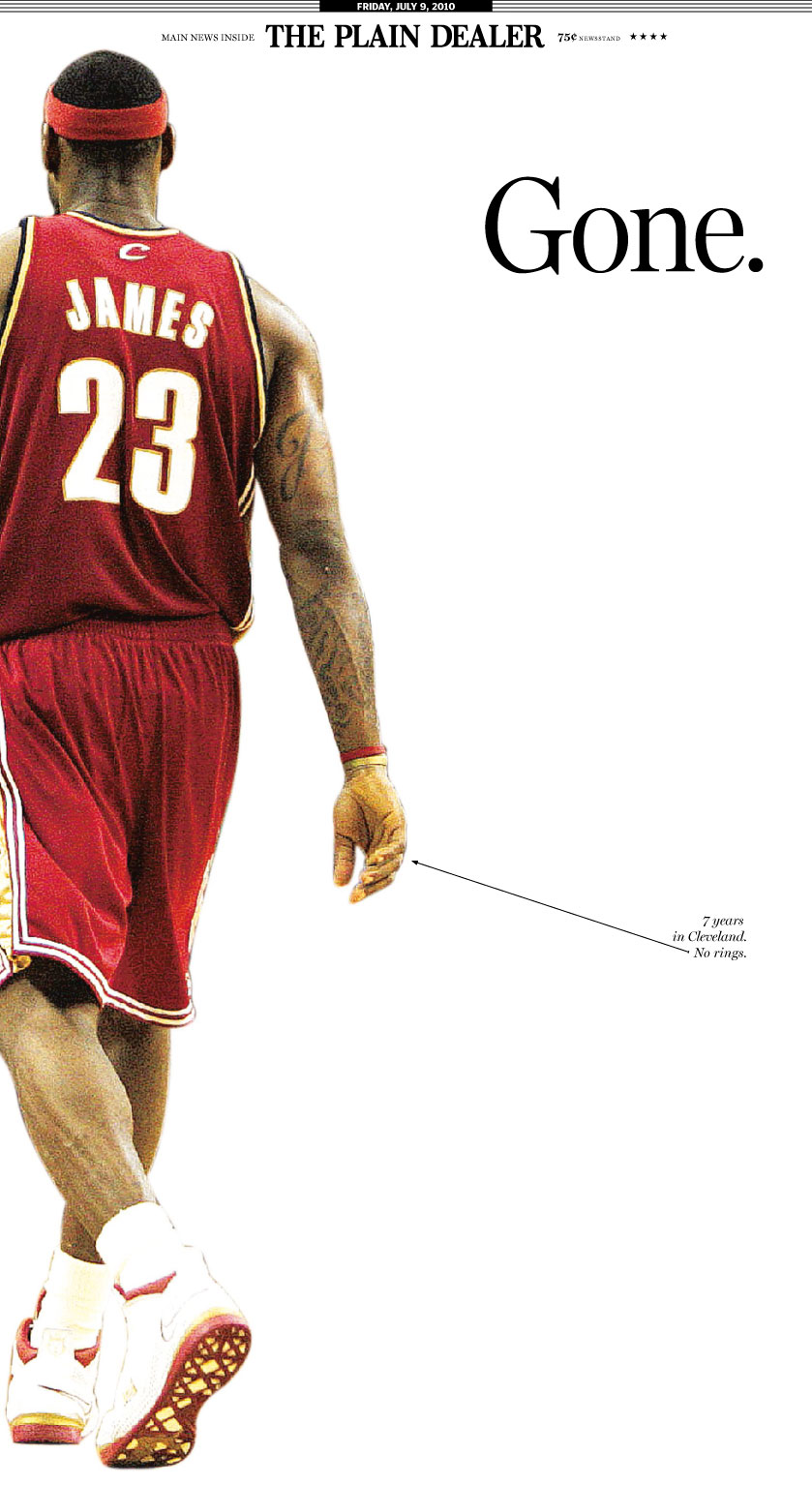
Henry James, ca. 1900, age 57. From the collection of the George Eastman House on Flickr.
Not many photos of James exist, and none are as revealing as this. The most recognized image we have of “the master” is the iconic John Singer Sargent portrait of 1913, which shows James as the Great Man. And that is how I always pictured him — aloof, fusty, royal — until I stumbled across this amazing picture. Here James looks haunted and weary, as I imagine he must have been. A great man, of course, but still an artist who struggled, like the rest of us.

